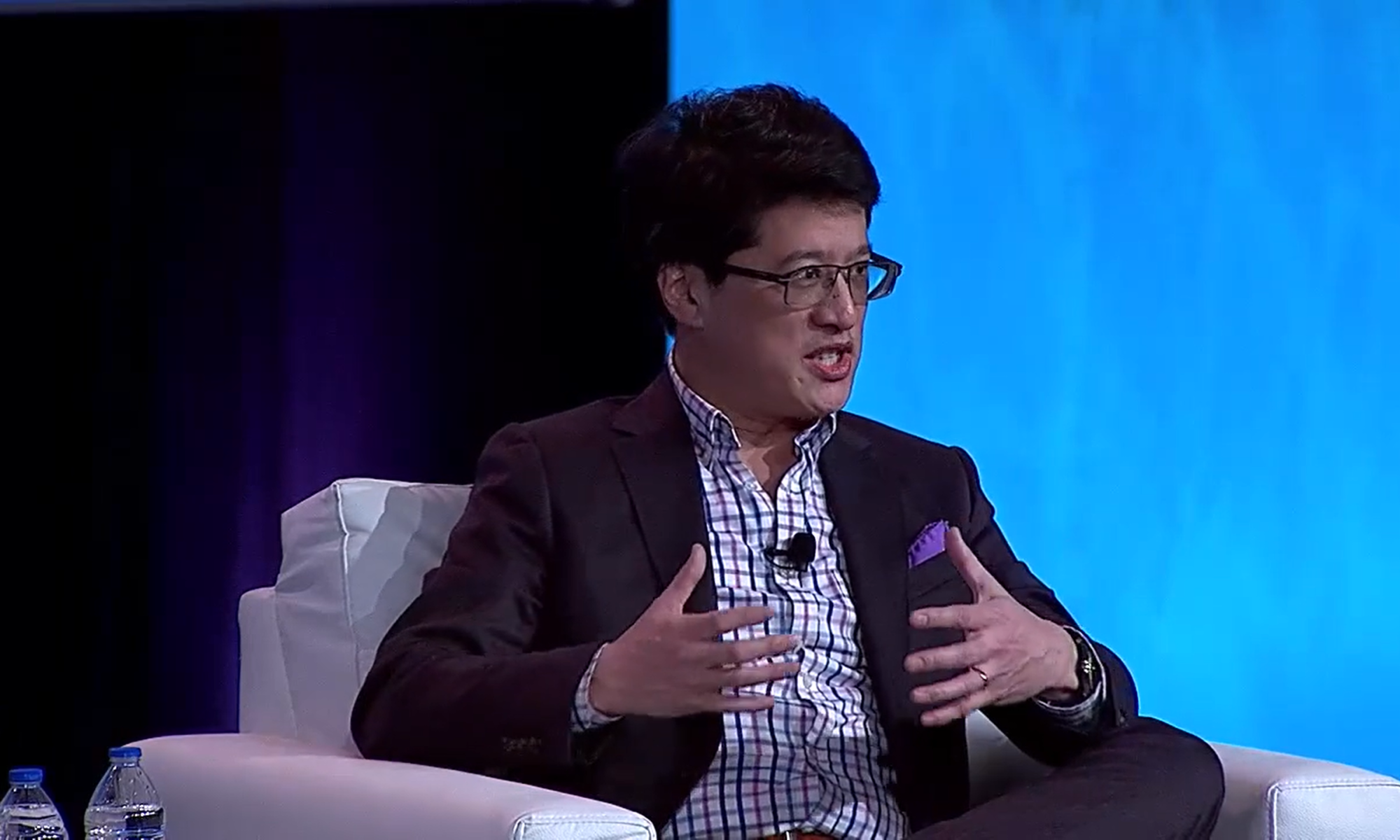Ford Harding has an interesting post entitled, "Is Selling Practicing Your Profession?" He takes the side of the argument that those who sell (e.g., partners in professional services firms, senior engineers) are indeed practicing their profession. But there are those that may argue (e.g., in the case of an engineer) that such and such a person is no longer an engineer because he or she now sells.
I tend to agree with the spirit of Ford’s argument – that those who sell are practicing their profession. In management consulting firms, it may be more obvious in some of the small- to mid-sized firms where consultants get involved in sales processes as early as the manager-level (this is in contrast to principals and partners I’ve interviewed at some of the big, well-known firms where sales experience is very limited to partner-levels). In management consulting, the product is complex, and one really has to understand all aspects in order to sell. One needs to understand the methodologies that can be used, the importance of engagement structure, the value propositions, all the potential variations of situations, the client organization and capability to change, potential pitfalls, what’s going on in the industry, etc. The best people in selling consulting engagements are those that have been consultants, done many engagements, currently involved in engagements, and understand when and why a client should or should not use a consultant.
That said, I have found that many people have a hard time shifting gears from delivering engagements to selling engagements. For example during the sales process, consultants newer to sales will want to ask about a lot of details, in effect trying to solve the client’s problem during the presales process. But the purpose of the presales process is to establish credibility and rapport, identify the problems to be solved, create the link between the problem and the consulting engagement that will solve the problem, and sell the engagement. The presales process is not about solving the customer’s problem in a couple of meeting sessions. Granted it is important to offer perspectives, opinions, industry data, case studies, etc. during presales meetings, but those that have spent lots of time in delivery and little time in sales can lose sight of where one is in the sales process with a customer prospect and what questions absolutely need to be answered for the consultant to propose a scope of work and engagement structure.
Shifting focus from a delivery role to a sales role takes work. I never really appreciated the investment required until having to step into a sales role out of necessity in a startup. Of all of the sales books and sites I’ve seen and read, Ford Harding’s blog and books are some of the best things to check out if you are looking at professional services sales.
